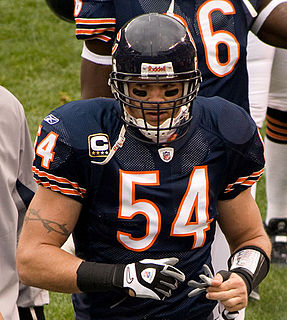A Quote by Dabo Swinney
Related Quotes
The indoor game is much more of a team game, having to work effectively with a group of 15 to 20 people, striving to improve every day, every drill, even every contact. The beach game is much more of an individual game within a team sport, much less about organized practices with coaches and much more about just playing the game.





































